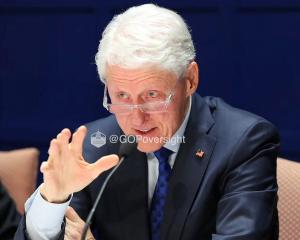The World Health Organisation has declared that the Zika virus and related neurological complications no longer constitute an international emergency but says it will continue to work on the outbreak through a "robust programme".

The WHO's Emergency Committee declared an international public health emergency of international concern (PHEIC) in February this year.
However, in a statement on Friday it said the commitee felt that "the Zika virus and associated consequences remain a significant enduring public health challenge requiring intense action but no longer represent a PHEIC."
"We are not downgrading the importance of Zika, by placing this as a longer programme of work, we are sending the message that Zika is here to stay," Dr Peter Salama, executive director of WHO's Health Emergencies Programme, told reporters.
Zika is transmitted to people through the bite of infected female mosquitoes, primarily the Aedes aegypti mosquito, the same type that spreads dengue, chikungunya and yellow fever.
There is no treatment or vaccine for Zika infection. Companies and scientists are working to develop a safe and effective vaccine for Zika, but the WHO has said it would take at least 18 months to start large-scale clinical trials of potential preventative shots.














